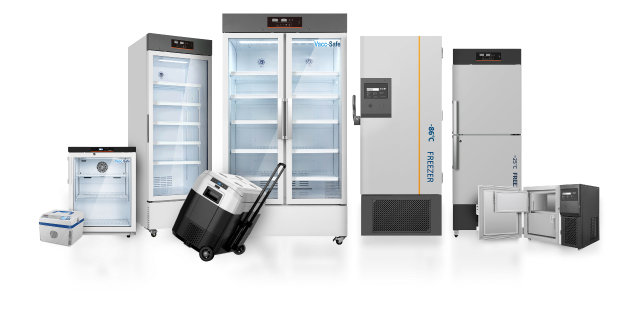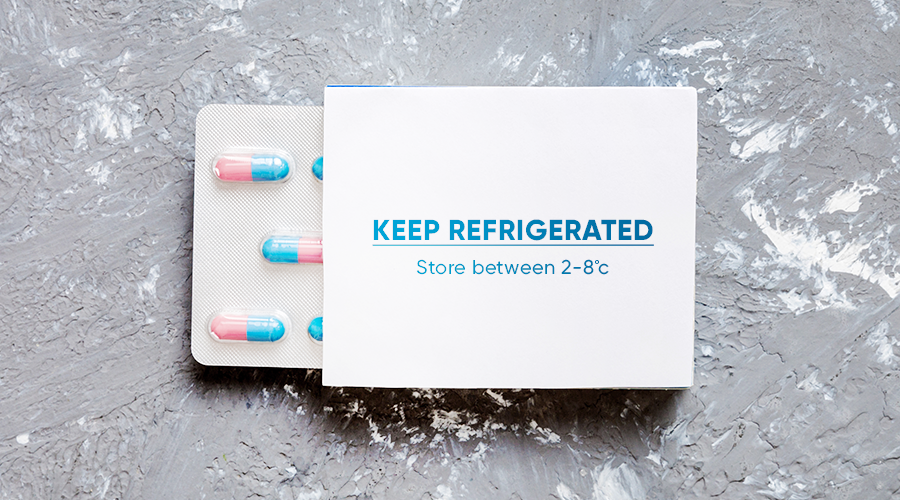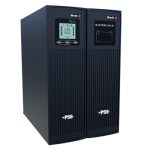
Medical UPS Battery Backup – A Complete Guide
July 28, 2025Certain medications need to be kept cool so they don’t lose their potency and efficacy. Medicines need to be transported when they are distributed to hospitals, pharmacies, labs or patients and sometimes they need refrigeration. Whether you are travelling for personal reasons, or a professional transporting medication from a warehouse to a pharmacy or other facility, it is important to understand refrigeration requirements to make sure they stay safe and effective. Keeping temperature sensitive medications at the right temperature during travel is called cold chain logistics which is essentially the temperature controlled supply chain. Adhering to this can be challenging when travelling but there are ways to keep them cold. In this article we will explain how to refrigerate medicines when travelling, what types of medicines need refrigeration, and tips for travelling with refrigerated medicines.
Certain medications need to be kept cool so they don’t lose their potency and efficacy. Medicines need to be transported when they are distributed to hospitals, pharmacies, labs or patients and sometimes they need refrigeration. Whether you are travelling for personal reasons, or a professional transporting medication from a warehouse to a pharmacy or other facility, it is important to understand refrigeration requirements to make sure they stay safe and effective. Keeping temperature sensitive medications at the right temperature during travel is called cold chain logistics which is essentially the temperature controlled supply chain. Adhering to this can be challenging when travelling but there are ways to keep them cold. In this article we will explain how to refrigerate medicines when travelling, what types of medicines need refrigeration, and tips for travelling with refrigerated medicines.
Medications that Require Refrigeration When Travelling
The safe and secure transportation of temperature sensitive medications is essential to ensure drug efficacy and patient safety. Cold chain logistics ensures medicines and vaccines are kept at stable temperatures when travelling. These medicines require refrigeration to prevent them from spoiling during transportation.
- Insulin: Unopened insulin must be stored in a refrigerator with temperatures between 2°C and 8°C. Once insulin is opened, it can be kept at room temperature for a limited period of time but each product has its own storage instructions so it is important to read and follow these to ensure safe storage. Insulin must not be frozen and you must avoid exposure to extreme temperatures.
- Some antibiotics: Some antibiotics like amoxicillin require refrigeration and must be kept at stable temperatures of 2°C to 8°C to remain safe and effective.
- Vaccines: Maintaining the cold chain is imperative when travelling with vaccines. Most vaccines require refrigeration between 2°C and 8 °C as they can become ineffective if exposed to temperatures outside this range.
- Eye drops: Not all eye drops require refrigeration. However some brands like Xalatan (Latanoprost) and Ikervis (Ciclosporin) require refrigeration between 2°C and 8 °C before opening and then stored at room temperature for 4 weeks. Chloramphenicol eye drops must be stored refrigerated between 2°C and 8°C at all times.
- Weight loss medications: Injectable weight loss drugs like Wegovy and Ozempic require refrigeration at temperatures of between 2°C and 8 °C. It must be refrigerated prior to opening to be effective. After opening, refrigeration is suggested but it can be kept at room temperature for short periods of time. Exposure to extreme temperatures may render the weight loss drug useless.
Why Do Medications Require Refrigeration When Travelling?
Medications that are temperature sensitive require refrigeration when travelling to ensure they remain safe and effective. Temperature fluctuations can cause a chemical change in some medicines and vaccines which render them useless and, in some cases, dangerous. If medications are subjected to unstable temperatures they can lose potency which can lead to patients not receiving the correct dosage. This can be particularly dangerous in the case of life saving medications that must be taken in the right dosage. Even worse, medications that are exposed to the wrong temperatures may become toxic and potentially lead to severe illness or even death of a patient. In order to keep these types of medicines and vaccines safe, the cold chain is a system of transporting and storing vaccines and temperature sensitive medications within the range of 2°C to 8°C. Cold chain management applies to medications and vaccines that are being transported for both personal and professional reasons. A person who is travelling with their weight loss injections needs to follow the same protocol to keep this temperature sensitive medication safe as a logistics company transporting vaccines from a warehouse to pharmacy, or an ambulance or hospital transfer.
Many refrigerated medications can only be kept out of the fridge for a couple of hours before spoiling. Temperature sensitive medications need to be kept at strict temperatures of the cold chain between 2°C and 8°C to maintain their safety and efficacy. To maintain cold chain protocols for professional use, logistics companies use specialised equipment, strict procedures and employ real time monitoring. When an individual is travelling with their temperature sensitive medication, they must also adhere to the cold chain protocol by using appropriate equipment, regular monitoring and following the strict temperature parameter guidelines. While they will not succumb to the same consequences as professional companies, an individual will suffer personal health and safety consequences when using the medication while travelling.
Refrigeration Methods While Travelling
Refrigeration guidelines for temperature sensitive medications and vaccines apply to individuals and large scale professional transportation. Both must adhere to the strict temperature parameters to ensure the safety and efficacy of these medications. The refrigeration methods will depend on a number of factors like the mode of transport, length of time travelling, and the size of the operation. We break down the refrigeration methods when travelling for individuals and large scale operations.
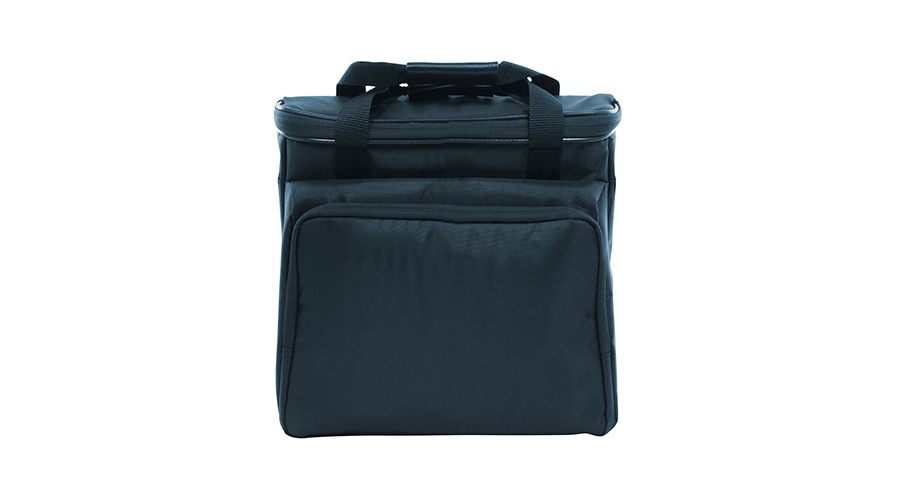
Refrigeration Methods for Individuals Travelling
- Insulated cooler bag: An insulated cooler bag is a specifically designed insulated bag to maintain a cool temperature for medications that need to be refrigerated. A cooler bag often contains gel packs or ice packs and will keep temperature sensei medications at a safe temperature between 2 °C and 8°C. If a fridge is not available, an insulated cooler bag is a good way to transport medicine like growth hormones, insulin or weight loss medication although not all medications can be transported in a cooler bag so check the instructions. For the medications that can, a cooler bag can be used in the car, train or when travelling by aeroplane. If travelling by air, make sure you follow the guidelines of the airline regarding bringing medications on board. Keep the cooler bag with you in hand luggage, keep it in the original packaging and make sure you have a doctor’s letter or prescription with you. Use a thermometer to regularly check the temperature inside the cooler bag, especially during longer trips, to ensure the medication stays within the recommended range. An insulated cooler bag will maintain the desired temperature for anything from a few hours to 24 hours, depending on the ambient temperature, type of cooling elements used and the bag’s insulation. Take this into account when travelling to make sure the cooling time is sufficient.
- Use hotel refrigerators: When you arrive at a destination, you can use a hotel fridge to keep medicines cold. As these are temperature sensitive medications, however, make sure the fridge is working at the desired temperature of between 2 °C and 8°C. Most domestic refrigerators are not ideal for storing temperature sensitive medication so it is often better to use a backup solution of a travel cooler
- Mini fridge: Choose a reliable portable mini fridge that is medical grade for transporting refrigerated medications. Mini fridges can be taken in cars, ships and other road transportation, and are designed to adhere to strict temperature parameters required for the cold chain.
- Request ice on board the train: If you have an insulated cooler or cooler bag on the train, you can request ice from the train or dining car. It is always a good idea to let them know you will require ice for a medical insulated cooler in advance to make sure they have enough for your journey. This is particularly important for long periods of travel.
- Cooling pouches: Cooling pouches are used to transport medications like insulin pens at a regulated temperature required. They utilise layers of insulation like foil, bubble barriers or polyethylene foam instead of ice or gel packs. They are not as reliable as insulated cooler bags, however and only last for about 4 hours.
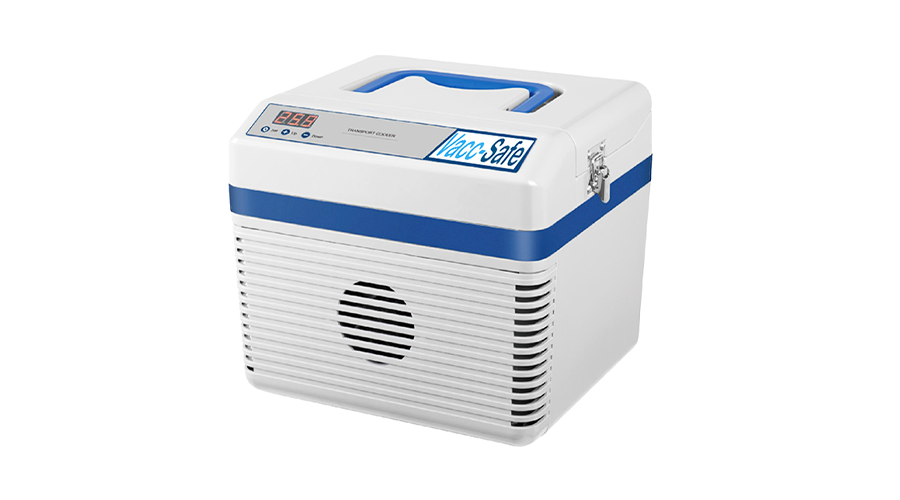
Refrigeration Methods for Large Scale Transportation
- Refrigerated vehicles: Large scale transportation usually requires a logistics company specialising in temperature control storage with specialised equipment like refrigerated vehicles. These are often purpose built trucks with refrigerator units to ensure compliance with cold chain guidelines throughout the journey.
- Temperature controlled packaging: Using temperature controlled packaging during transportation can help protect products from temperature fluctuations. This may be utilising packaging with gel or ice packs, or insulated coolers.
- Refrigerated storage facilities: Specialised storage facilities for before and after transportation can be used to keep medicines at the correct temperature before and after transportation. . Also known as cold storage facilities, these warehouses play an important role in ensuring the safe and efficient transportation and storage of temperature-sensitive medications and vaccines.
Tips for Travelling with Medicines that Require Refrigeration
Both individuals travelling with medications and large scale organisations must ensure their temperature sensitive medications and vaccines remain safely stored in the required temperature parameters. Here are a few tips for travelling or transporting medicines that require refrigeration.
- Keep medicines in original containers: Large companies will do this anyhow but, for individuals travelling, it is essential to keep your medicines in original packaging and containers especially for those travelling on a plane or overseas.
- Keep medicines away from direct sunlight or heat: Make sure all medicines are kept away from heat or direct sunlight. Don’t have medicines stored in a handbag or backpack that can be exposed to direct heat. Always use a travel cooler, pouch or mini fridge where possible.
- Monitor temperature: Make sure the temperature is regularly monitored to ensure no dramatic fluctuations. Temperature should be monitored at least once a day when travelling. Use a good quality thermometer like a digital thermometer to monitor the temperature of the storage container or the medication’s immediate environment.
- Declare medicines at security points or airports: For those travelling overseas or on a flight, declare your medications at security points or the airport to avoid any breaches of security.
- Avoid direct contact with ice: Temperature sensitive medications and vaccines do not respond well to freezing temperatures. When in a portable fridge or cooler, make sure they are not close to the freezer.
Travelling can be an exciting adventure but it is not just about packing a suitcase if you have medications that need refrigeration. Temperature sensitive medications like insulin or vaccines can spoil easily when stored outside the required temperature parameters during storage and transportation. There are ways to keep medicines refrigerated while travelling though and we have explained each way for both individuals and logistics providers. For further details contact the experts in medical refrigeration at Vacc-Safe.
